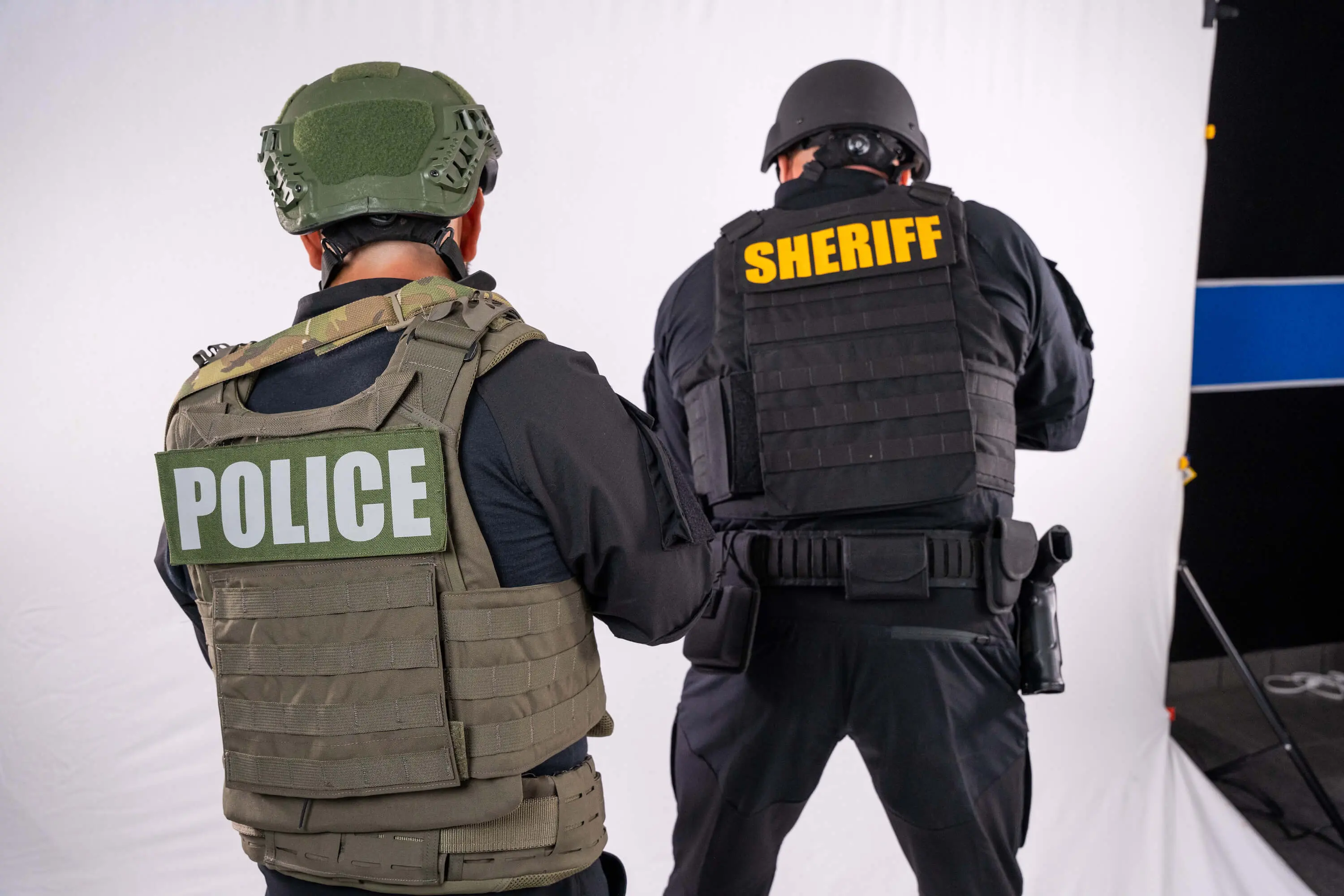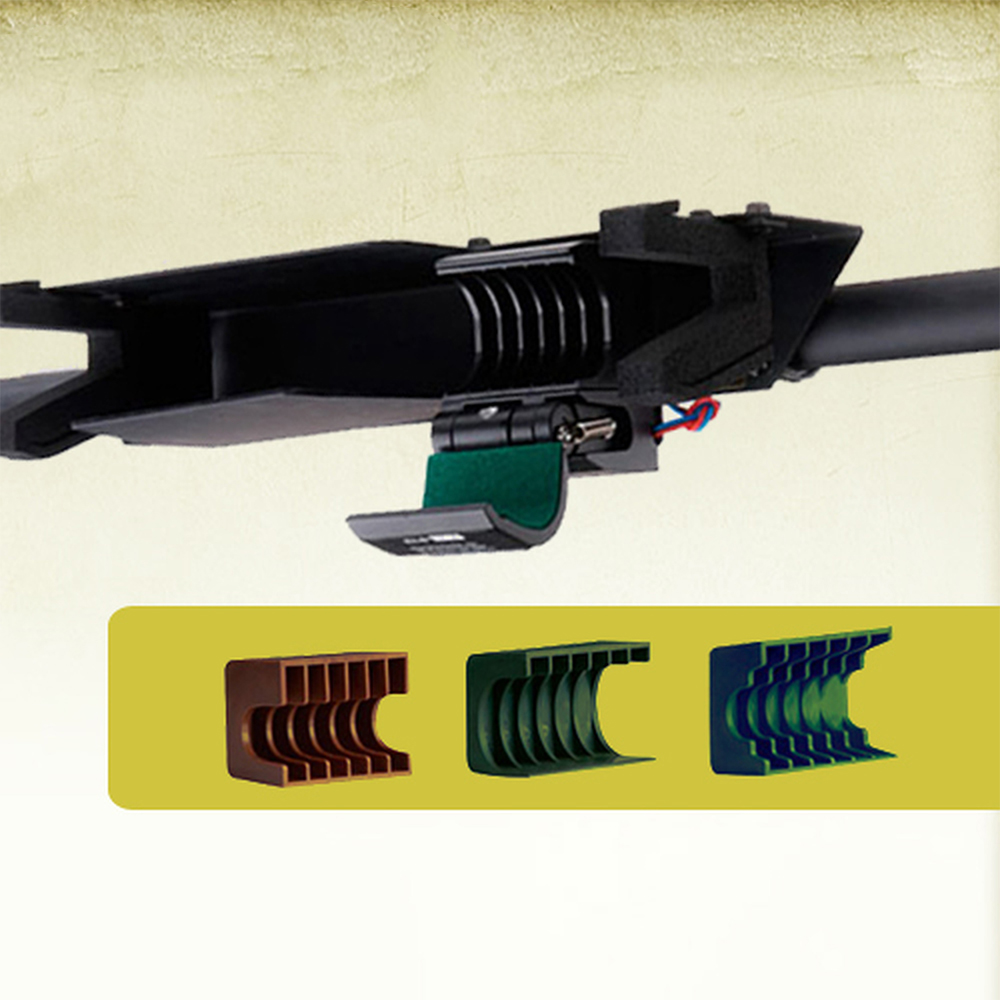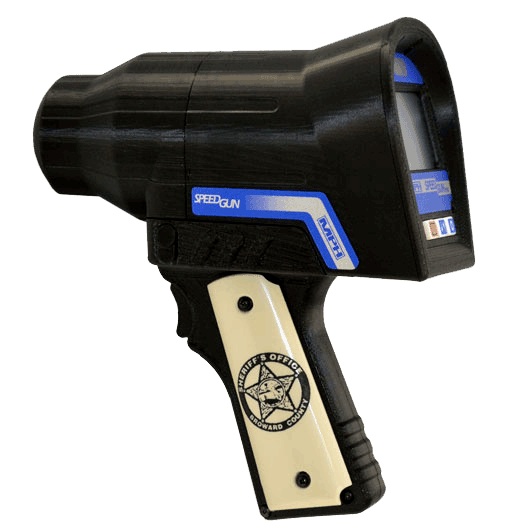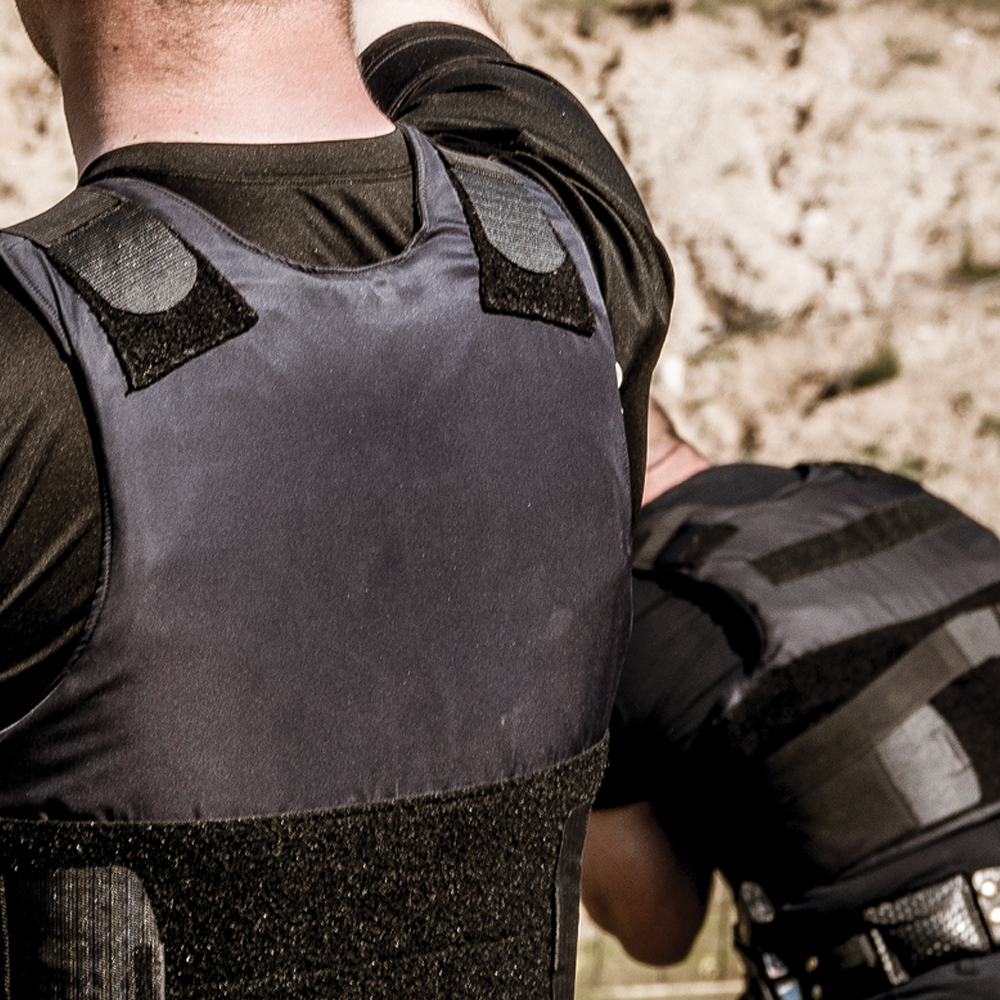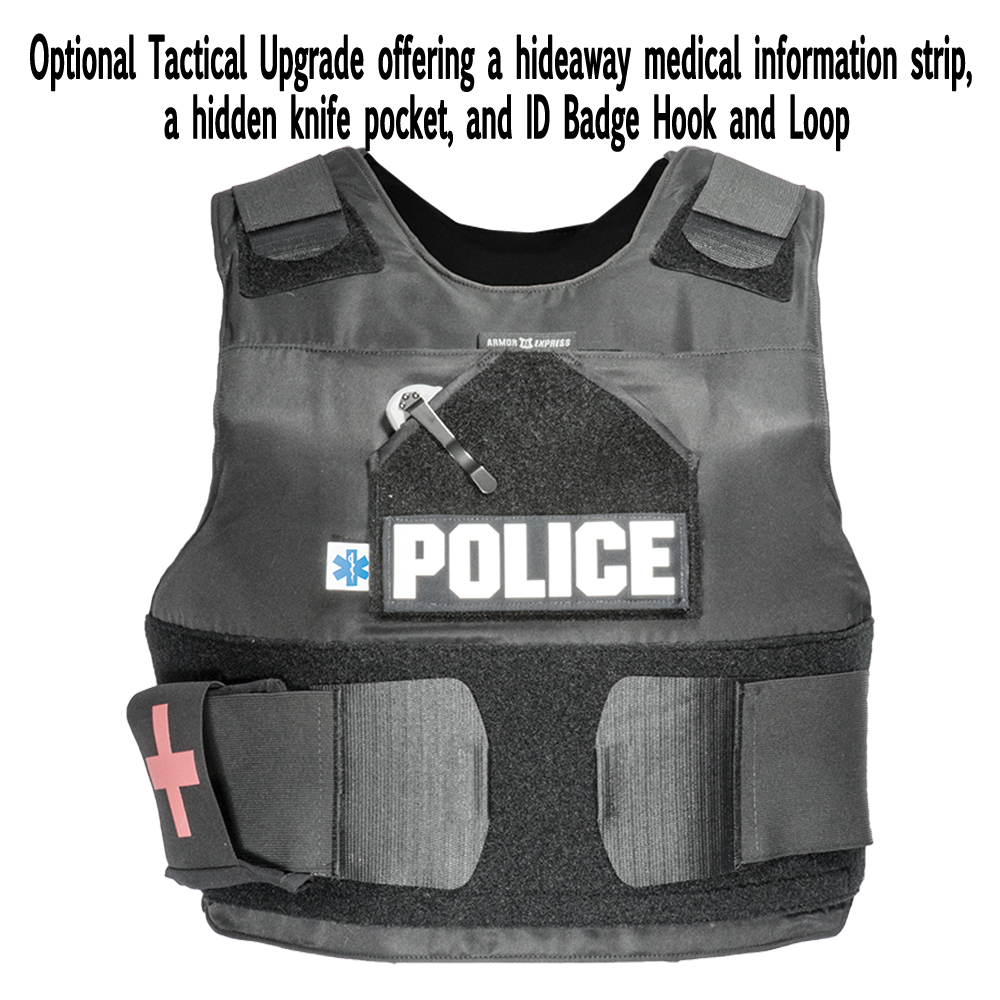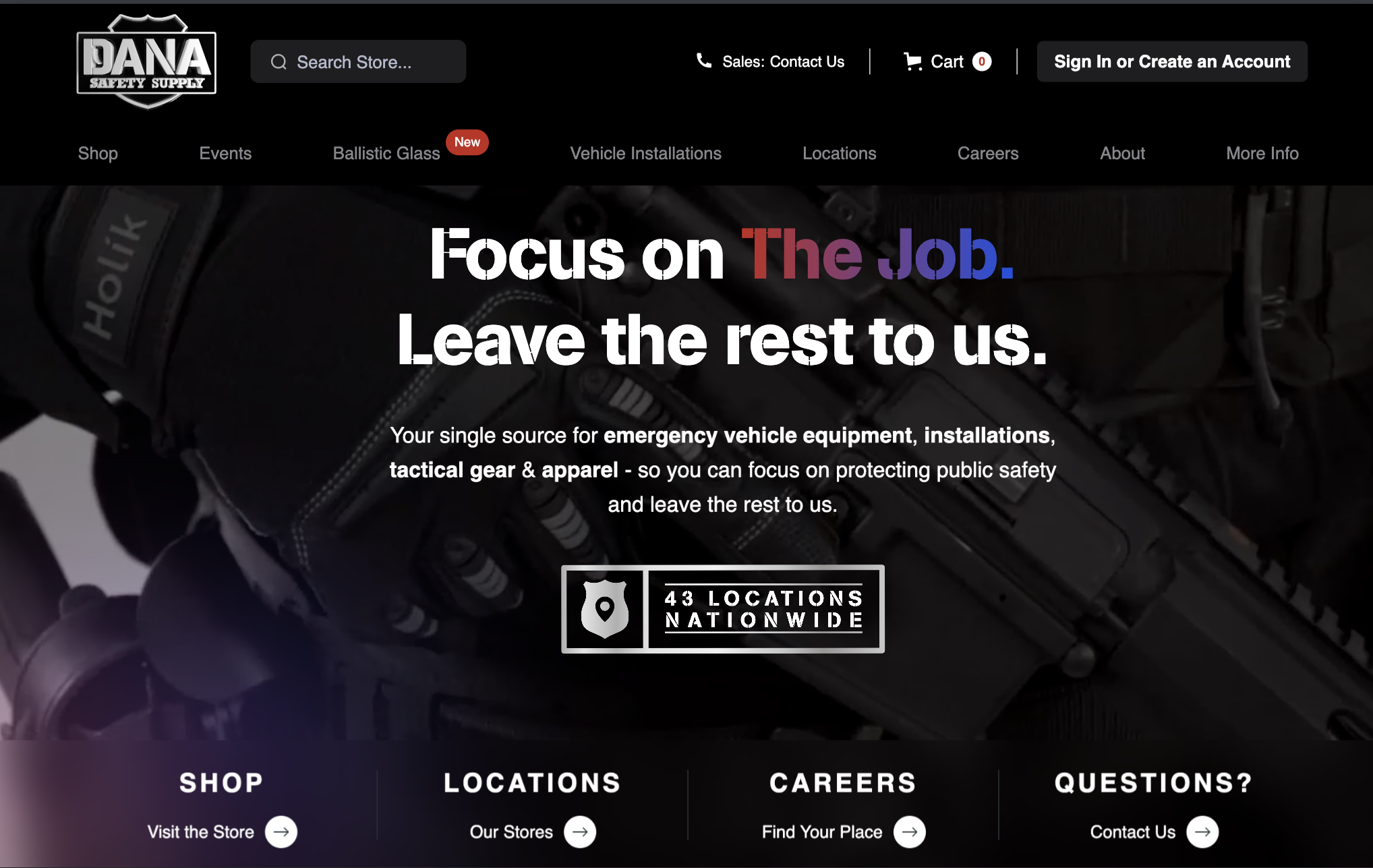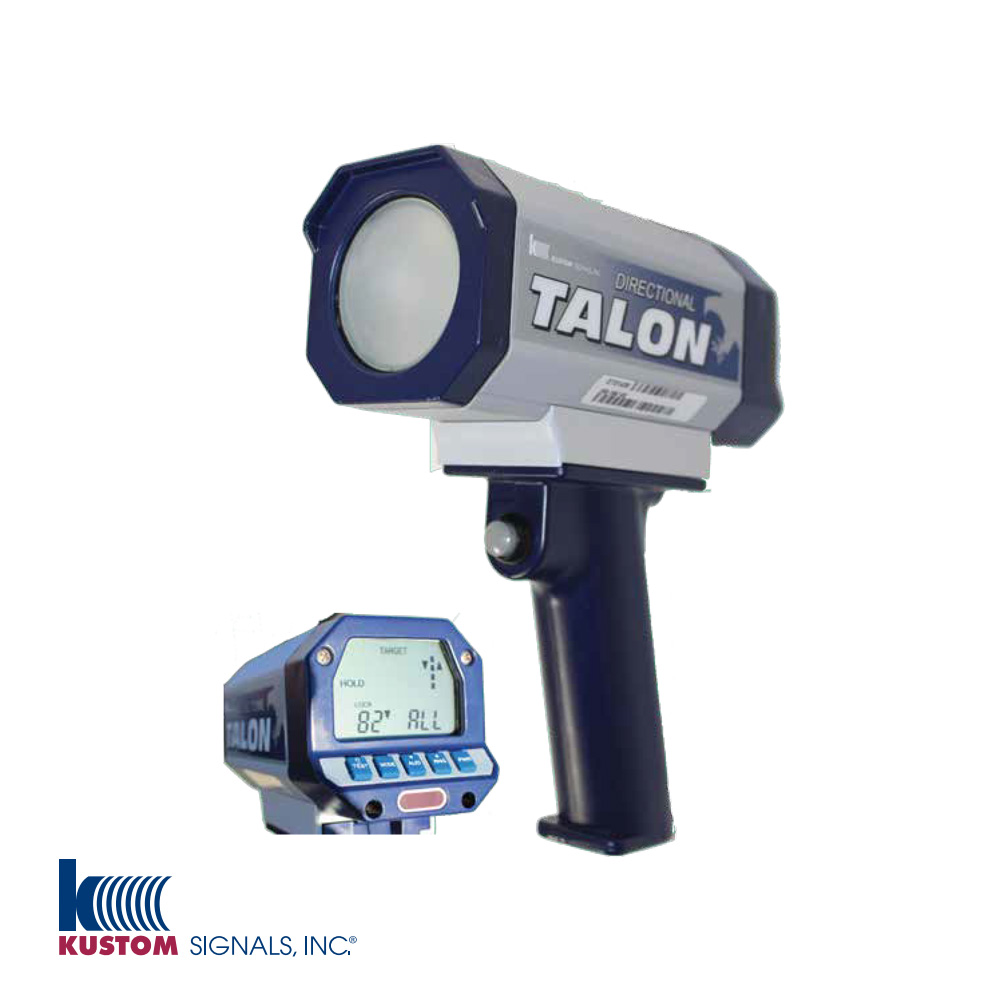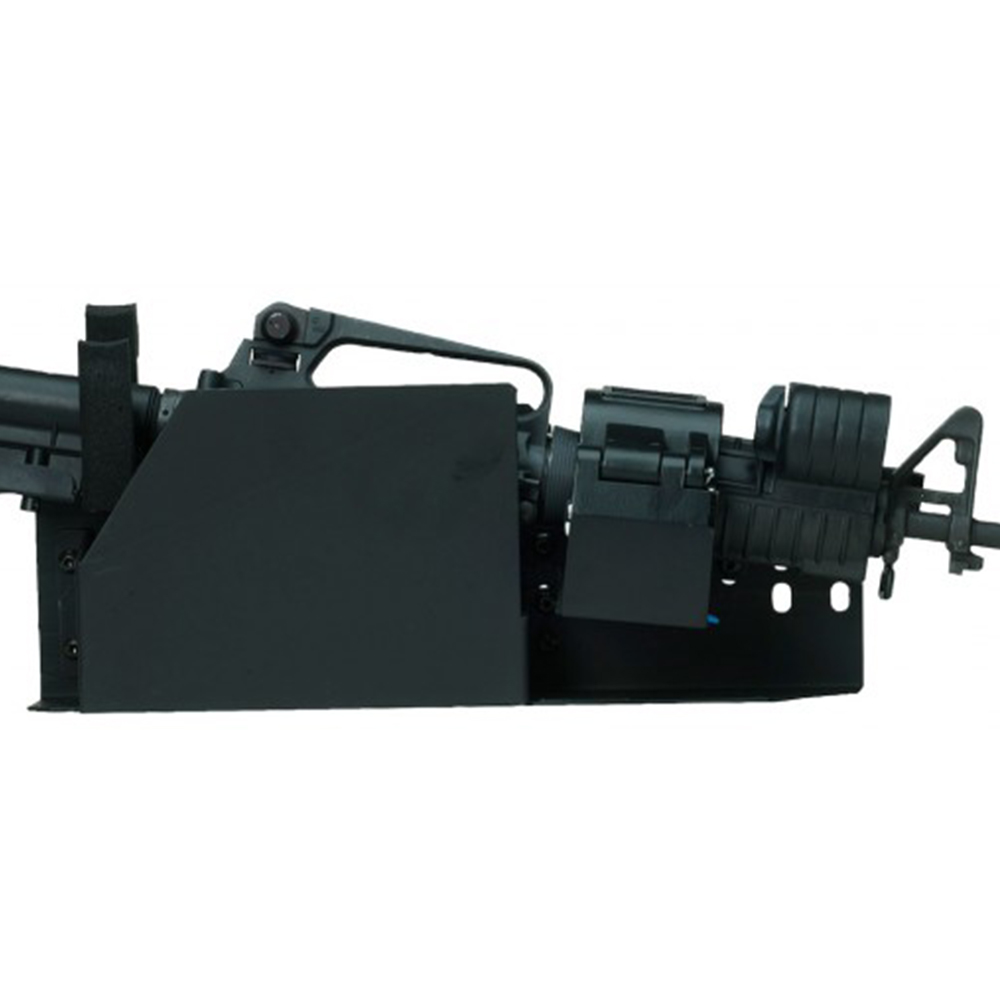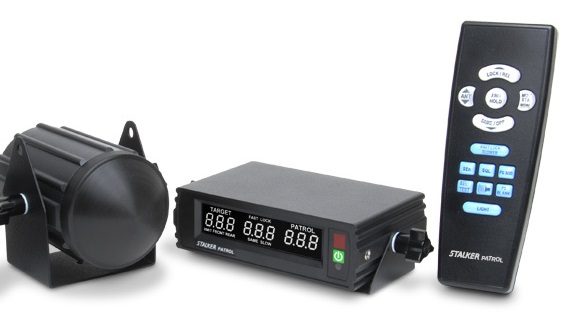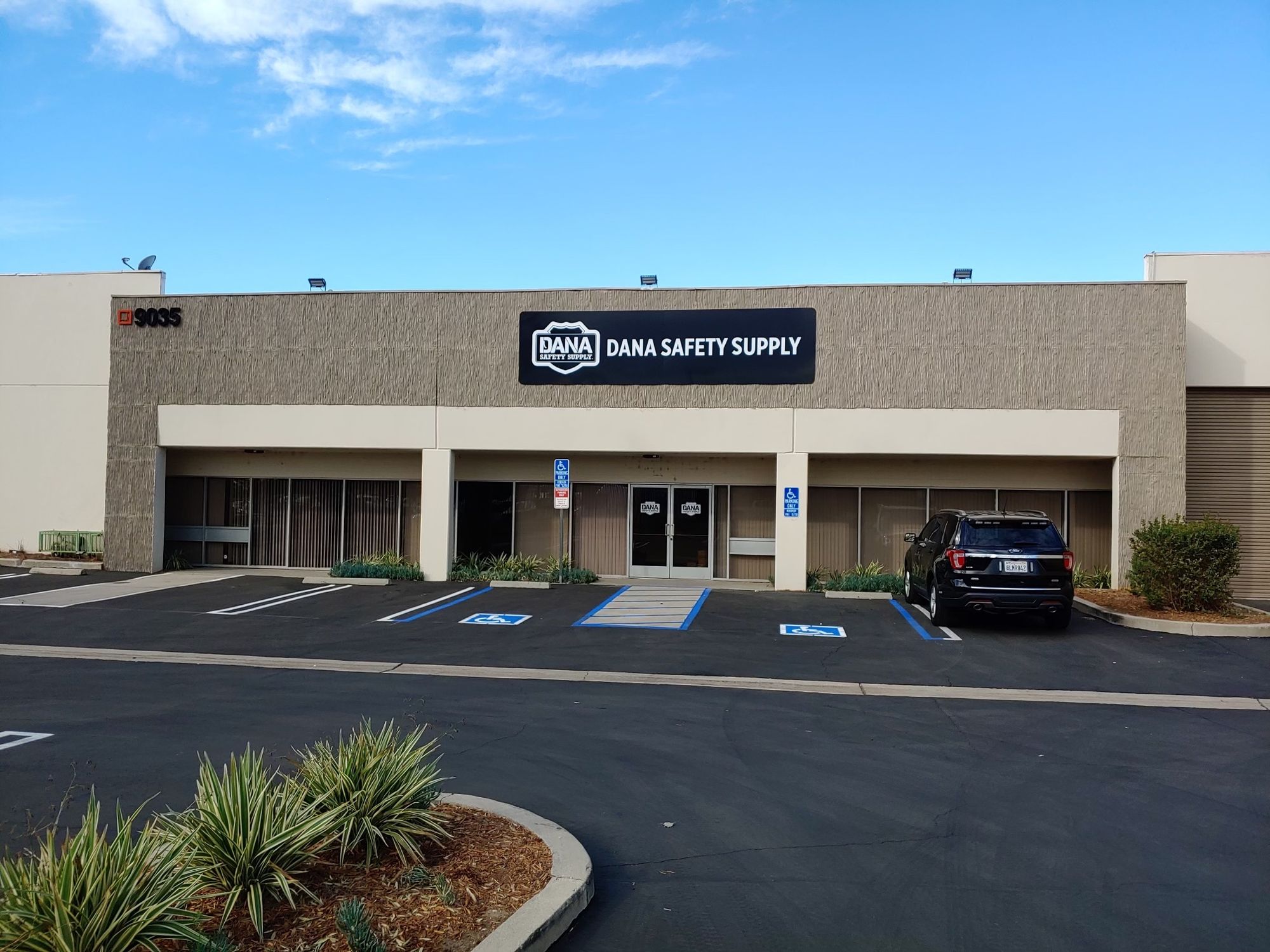Dana Safety Supply And Dss Firearms And Defense
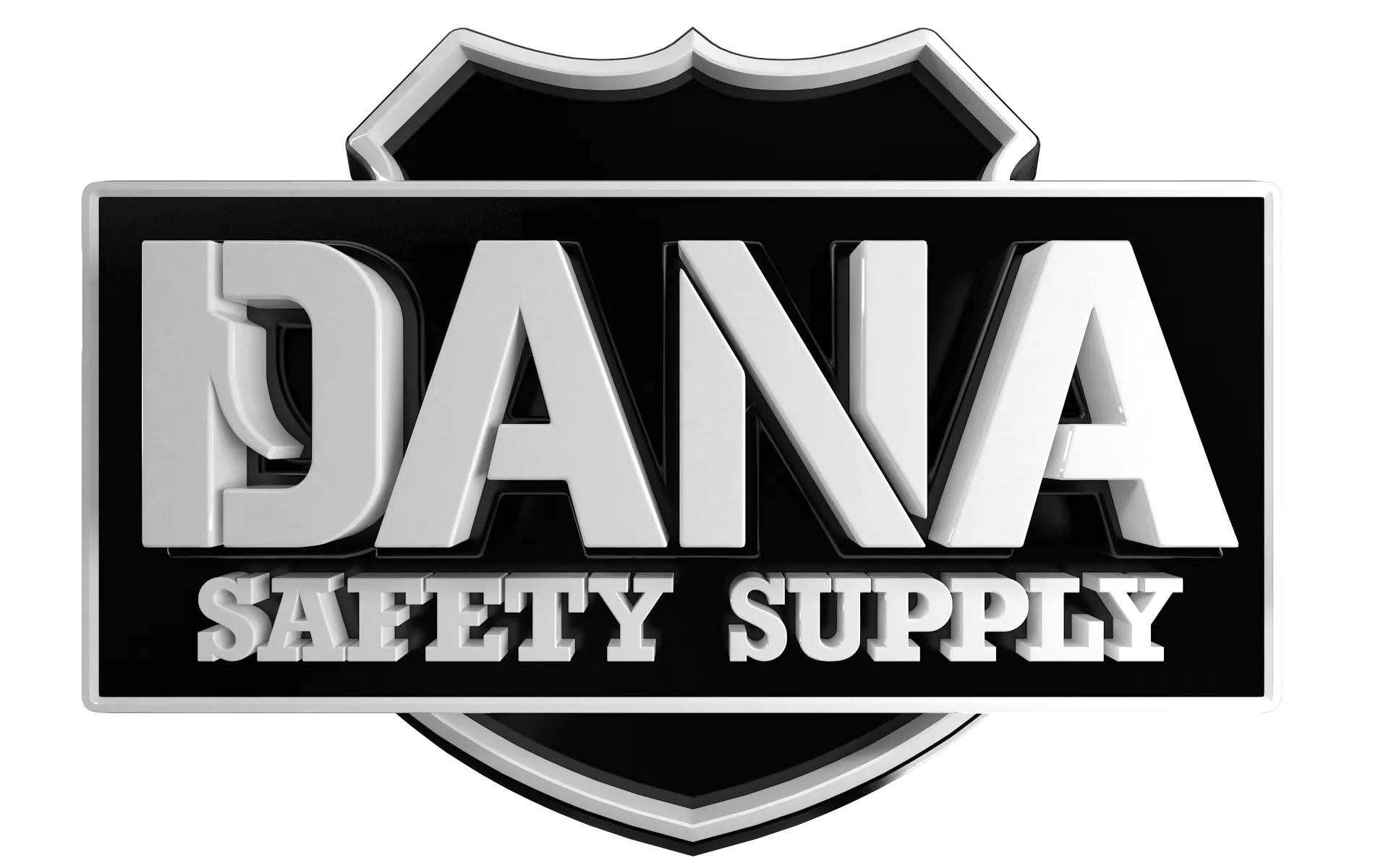
The landscape of law enforcement and civilian firearm supply is a complex and often contentious one. At the center of this intersection sits Dana Safety Supply and its subsidiary, DSS Firearms and Defense, two companies that have become significant players in equipping law enforcement, military personnel, and private citizens with essential gear, including firearms and related equipment. Recent scrutiny surrounding the industry’s practices and the potential implications of readily available weaponry have placed companies like Dana Safety Supply under a microscope, prompting questions about responsibility, accountability, and the balance between Second Amendment rights and public safety.
This article aims to provide a comprehensive overview of Dana Safety Supply and DSS Firearms and Defense, exploring their operations, their role in the broader ecosystem of firearm supply, and the controversies they face. This examination includes looking into their product offerings, their client base, and the regulatory environment in which they operate, while also addressing concerns raised by advocacy groups and the public regarding gun violence and responsible gun ownership. The goal is to present a balanced picture of the company, its impact, and the ongoing debate surrounding its existence within a society grappling with gun-related issues.
Company Overview and Operations
Dana Safety Supply, according to its website and industry reports, operates as a comprehensive provider of equipment and supplies primarily catering to law enforcement, military, and security professionals.
Their inventory spans a wide range, from uniforms and body armor to tactical gear and communication systems.
The establishment of DSS Firearms and Defense represents the company's dedicated division focusing specifically on firearms, ammunition, and related defensive equipment.
Product Range and Client Base
DSS Firearms and Defense offers a variety of firearms, including pistols, rifles, and shotguns, alongside ammunition, firearm accessories, and training programs.
Their client base is diverse, encompassing law enforcement agencies at the local, state, and federal levels, military units, private security firms, and individual consumers with the appropriate licenses and permits.
The company’s website features a catalog of available products, showcasing popular brands and models commonly used by professionals and enthusiasts alike.
Geographic Reach and Market Position
Dana Safety Supply operates across multiple locations, strategically positioned to serve their clientele efficiently.
They have established a significant presence in the firearm supply market, competing with other major players in the industry.
Their market position is bolstered by their ability to provide a comprehensive range of products and services, making them a one-stop shop for many law enforcement and security agencies.
Regulatory Landscape and Compliance
The firearms industry is subject to stringent regulations at both the federal and state levels.
Dana Safety Supply and DSS Firearms and Defense are required to comply with the National Firearms Act (NFA), the Gun Control Act (GCA), and various state laws governing the sale, transfer, and possession of firearms.
These regulations mandate background checks for firearm purchasers, restrict the sale of certain types of weapons, and require detailed record-keeping of all transactions.
ATF Oversight and Compliance Measures
The Bureau of Alcohol, Tobacco, Firearms and Explosives (ATF) is the primary federal agency responsible for regulating the firearms industry and ensuring compliance with federal laws.
Dana Safety Supply is subject to regular inspections by the ATF to verify adherence to regulations and to prevent illegal trafficking of firearms.
The company is required to maintain accurate records of all firearm sales, including the identity of the purchaser, the type of firearm, and the date of sale.
State-Specific Regulations
In addition to federal laws, many states have their own regulations governing the sale and possession of firearms, which can be more restrictive than federal laws.
Dana Safety Supply must navigate the complex web of state laws to ensure compliance in each jurisdiction where they operate.
This includes adhering to state-specific requirements for background checks, waiting periods, and restrictions on certain types of firearms.
Controversies and Public Perception
Like many companies involved in the firearms industry, Dana Safety Supply and DSS Firearms and Defense have faced scrutiny and criticism from advocacy groups and the public.
Concerns have been raised about the potential for their products to contribute to gun violence and the need for stricter regulations on the sale of firearms.
The company’s role in supplying law enforcement agencies with weaponry has also been a subject of debate, particularly in the context of police brutality and racial justice.
Gun Violence and Responsible Gun Ownership
Advocacy groups argue that the easy availability of firearms, including those sold by companies like Dana Safety Supply, contributes to gun violence.
They advocate for stricter regulations, such as universal background checks, bans on assault weapons, and limitations on magazine capacity.
Proponents of responsible gun ownership argue that individuals have a constitutional right to own firearms for self-defense and that restrictions should not infringe upon this right.
Police Militarization and Accountability
The supply of military-grade equipment to law enforcement agencies by companies like Dana Safety Supply has raised concerns about the militarization of police forces.
Critics argue that the use of such equipment can escalate conflicts and lead to excessive force, particularly in communities of color.
Supporters of police militarization argue that it is necessary to protect officers and the public from violent crime and terrorism.
Company Response and Public Relations
Dana Safety Supply has generally maintained a low public profile, rarely engaging in direct public relations campaigns.
The company emphasizes its commitment to complying with all applicable laws and regulations and providing high-quality products and services to its customers.
They often work with law enforcement to ensure proper equipment and training, and they generally stay out of the public spotlight regarding gun control debates.
Corporate Social Responsibility Initiatives
While specific details on corporate social responsibility initiatives are not readily available, it is common for companies in the firearms industry to support programs promoting firearm safety and responsible gun ownership.
These initiatives may include sponsoring gun safety courses, donating to organizations that provide firearm training, and supporting law enforcement agencies.
It is important to note that these initiatives are often viewed skeptically by gun control advocates, who argue that they are insufficient to address the root causes of gun violence.
Future Outlook and Industry Trends
The firearms industry is expected to continue to evolve in response to changing regulations, technological advancements, and public sentiment.
Dana Safety Supply and DSS Firearms and Defense will likely need to adapt to these changes to remain competitive and maintain a positive reputation.
The future of the company and the industry as a whole will depend on the ability to strike a balance between Second Amendment rights and public safety concerns.
Potential Regulatory Changes
The regulatory landscape for firearms is constantly evolving, with ongoing debates about the need for stricter gun control measures.
Potential regulatory changes could include universal background checks, bans on assault weapons, and limitations on magazine capacity.
These changes could have a significant impact on the firearms industry, potentially affecting the sales and profitability of companies like Dana Safety Supply.
Technological Advancements and Innovation
Technological advancements are also shaping the firearms industry, with innovations in firearm design, ammunition, and accessories.
Smart guns, which incorporate features such as fingerprint recognition or RFID technology to prevent unauthorized use, are one example of technological innovation in the industry.
Dana Safety Supply may need to invest in these new technologies to remain competitive and meet the evolving needs of their customers.
In conclusion, Dana Safety Supply and DSS Firearms and Defense occupy a complex position within the broader landscape of firearm supply and public safety. As the debate surrounding gun control continues and the regulatory environment evolves, the company's future success will hinge on its ability to navigate these challenges while remaining committed to both its business objectives and its social responsibilities. Ultimately, the company's actions will contribute to shaping the future of the firearms industry and its impact on society.

